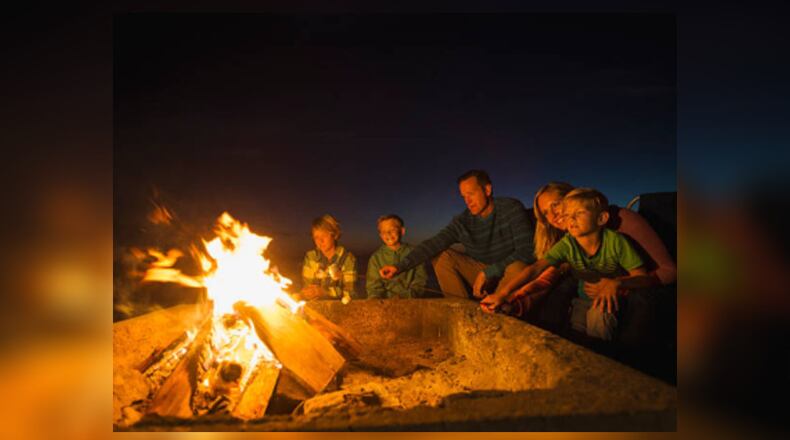>> RELATED: Local fire officials warn of dry fire dangers due to drought conditions in region
Local fire officials have warned the public it’s important to adjust fall activities if necessary, and the ODNR Division of Forestry has reminded the public to take precautions and know the laws.
State law says burning outdoor debris, even in a proper burn barrel, in rural areas is prohibited until Nov. 30 from 6 a.m. to 6 p.m., and recreational bonfires can’t be any larger than 3 feet in diameter and 2 feet high. Violators of these laws can be cited or fined.
Burning is limited in the fall due to dry fuel on the ground in the form of grass, crops, crop debris, weeds and fallen leaves, which have been impacted by the recent drought.
>> RELATED: ODNR cautions residents during fall wildfire season, offers safety tips
The National Weather Service also issued a statement last week on the elevated fire danger.
The agency said when winds interact with dry air and ground conditions they create enhanced or elevated fire threats.
During this time, they ask the public not to burn trash or initiate backyard or camp fires until the wind calms down and humidity recovers.
>> RELATED: Hot weather delays this fall’s leaf color change
The ODNR Division of Forestry has offered these safety tips when it comes to burning:
- Consider using a 55-gallon drum with a weighted screen lid to provide an enclosed incinerator
- Know current and future weather conditions, have tools on hand, and never leave a debris burn unattended
- Winds can make a safe fire burn more intensely and escape control, so if this happens, contact your local fire department
- Food waste, dead animals and materials containing rubber, grease, asphalt or petroleum should never be burned
- Be informed about state and local burning regulations
- Consult your local fire department for additional information and safety considerations
About the Author
